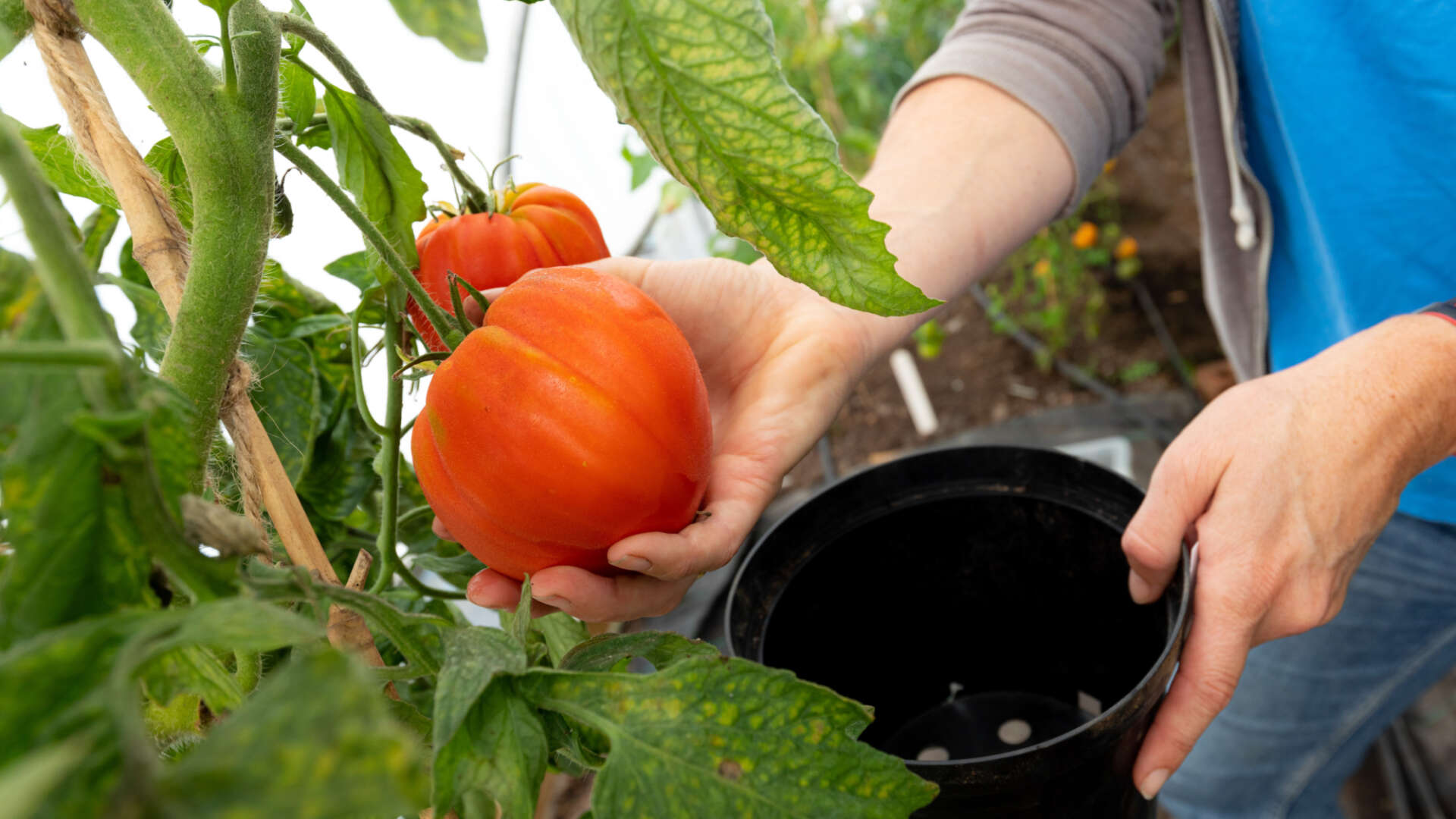The truth about organic food

A must-listen ZOE podcast, featuring scientist and author Professor Tim Spector OBE, reveals the truth about organic food. And firms up our belief that homegrown vegetables, grown organically without toxic chemicals, are better for you and your garden.
The podcast looks at the impact of pesticides, insecticides and herbicides on the food chain and our health, showing how extensive use of fertilisers in agriculture runs off into rivers and causes a major environmental impact.
You can read more about the effects of pesticides here.
Cancer link to non-organic foods
Tim Spector, one of the world's top 100 most cited scientists, scientific co-founder of ZOE, and the author of Food for Life: The New Science of Eating Well, talked about research that suggested an increased risk of non-Hodgkin’s lymphoma (cancer of the blood) among people who consume non-organic foods. And in those exposed to garden herbicide Roundup, which contains glyphosate.
In a further study of 68,946 French adults, there was an increased risk of most cancers by 25 per cent in people that weren’t eating organic food, and a reduction in cancers by 25 per cent in people eating organic food.
And a study of 60 pairs of twins found that more than 90 per cent had organophosphate pesticide residue in blood and urine. Link to study. Around 50 per cent had detectable levels of the glyphosate herbicides, and changes to gut microbes were also observed.
These studies follow on from other research that suggests an organic diet is healthier.
Foods that maybe higher in pesticide residues
Professor Spector drew out a number of foods that contain higher levels of pesticides. These included:
- Oats. These are often sprayed just before harvesting, and appear to absorb large amounts of toxic chemicals. Studies have shown they absorb much more glyphosate, and levels are five to 10 times higher than other grains.
- Rice is also often high in pesticides.
- Fruits and vegetables that contain lots of water - such as cucumbers, pears and strawberries – tend to absorb more pesticides. They could be great ones to learn to grow at home in your garden. Cucumbers and strawberries can be grown easily in pots or grow bags.
Washing fruit and veg only marginally helped to reduce these toxic chemicals - but it doesn’t get close to organic levels - and adding baking soda to the water can be more effective.
There were also differences in the impacts and prevalence of chemicals across the UK, with some areas, such as Norfolk, spraying in larger quantities than other areas.
Organic diet benefits
A large meta-analysis showed, on average, that organic food has more minerals and 30 to 40 per cent more polyphenols (micronutrients). One theory is that when insecticides, fertilisers and chemicals are used, the plant does not need defence chemicals, so it does not produce them.
Furthermore, people who eat lots of fruits and vegetables - compared to people who don’t or are on ultra-processed food diets of minimal fibre - are likely to live 10 years longer and have half the risk of heart disease, diabetes and dementia.
Watch/listen to the full podcast via Zoe’s YouTube channel here